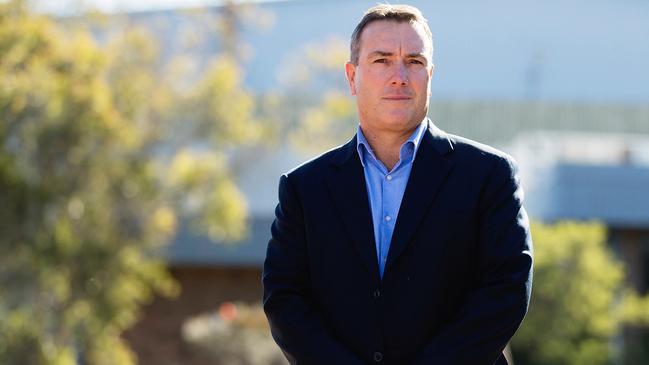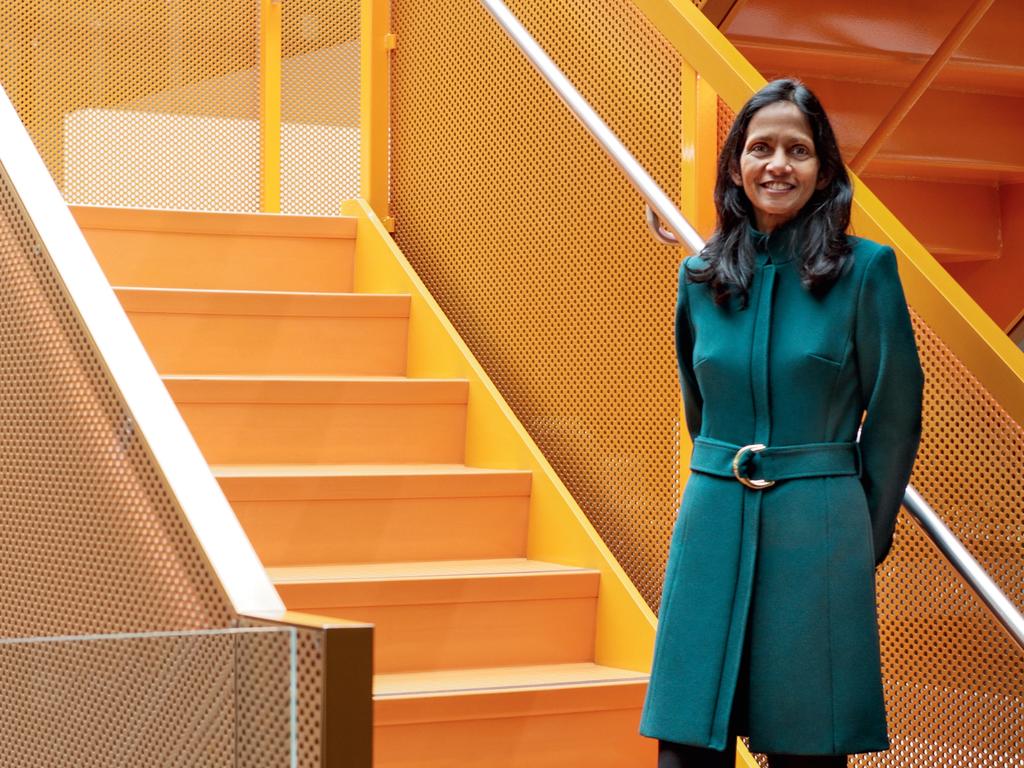Tomago Aluminium smelter at risk amid coal exodus
Nation’s largest single electricity consumer says it needs a 24/7 reliable power guarantee to keep running its aluminium smelter.

Australia’s largest single electricity consumer says it needs a 24/7 reliable power generation guarantee to keep running its aluminium smelter amid concerns that early closures of coal-fired power stations could exacerbate the impact of renewable energy droughts.
Tomago Aluminium chief executive Matt Howell is seeking more details from Origin and AGL about their plans to plug electricity gaps triggered by impending closures of the Eraring and Liddell coal plants.
After AGL this week rebuffed an initial $8bn takeover bid by Canada’s Brookfield and tech billionaire Mike Cannon-Brookes and Origin announced the early shutdown of the nation’s largest coal-fired power station, Mr Howell said Tomago was committed to “transitioning our electricity needs towards a portfolio of firmed renewables no later than the end of 2028”.
“We recognise the significant transition already under way in the National Electricity Market and will continue to play our part in ensuring system security through our large and fast acting interruptible load,” he said.
“As Australia’s largest electricity consumer, it is imperative that adequate generation and storage is available continuously and particularly during extended renewable droughts (low or no wind at night).”
Tomago, based in the election battleground of the NSW Hunter region, is one of Australasia’s biggest aluminium smelters and has operated 24 hours a day since 1983. The Australian last year revealed Tomago was hit with 40 hours of interruptions in June after “price volatility” linked with outages at two power plants and wind droughts.
Australian Workers Union national secretary Daniel Walton on Wednesday said more focus was needed on the impacts on jobs and energy intensive industries.
“Smelters and mills and factories need reliable power available constantly or they will fail and shut. It’s that simple," Mr Walton told The Australian.

“There is a hugely exciting future possible for Australian renewable manufacturing. We can be the world’s renewable foundry, but our manufacturers won’t live to see that future without affordable and reliable energy today.
“Coal generation is transitioning; no rational person denies this. But that means we must widen the conversation from what closures mean for households to what they mean for blue-collar jobs in manufacturing and energy generation.”
Speaking at the National Press Club on Wednesday, outgoing Australian Competition & Consumer Commission chair Rod Sims said the watchdog would need to assess the AGL bid if it were successful, given Brookfield’s stake in AusNet Services.
“AusNet has the transmission assets in Victoria. And in the energy market, it’s long been considered – once they were broken up – that you couldn’t have one company owning generation assets and transmission assets, because it’s the transmission assets that take the product of the generators and the transmission line can congest other generators and benefit your generator,” Mr Sims said.
“Now that would be a big problem in NSW and Queensland. In Victoria, though, they have a system where the market operator runs a lot of the transmission. So we’ll just have to look at that. It’s a very complex issue.”
The Australian understands Brookfield, the lead bidder for AGL, has reached out to stakeholders to soothe concerns over the loss of coal-fired power generation. Industry sources said storage was key but batteries considered big enough to fill the void of coal-fired power were not currently economically feasible.
Energy Minister Angus Taylor said replacing the 2800MW Eraring plant, which is closing seven years early in 2025, with 700MW of short duration batteries would not be “enough”.
Past experiences had shown that prices would spike and “we’ve got to make sure that it’s replaced … Origin has an obligation to its customers … to do the right thing. We expect that of the energy companies.”







To join the conversation, please log in. Don't have an account? Register
Join the conversation, you are commenting as Logout